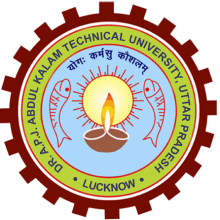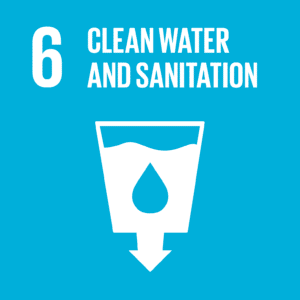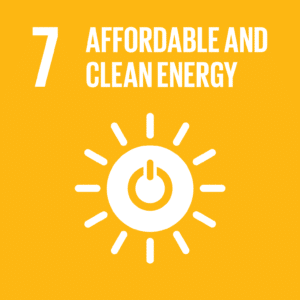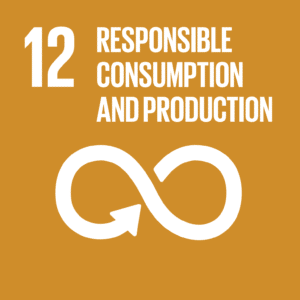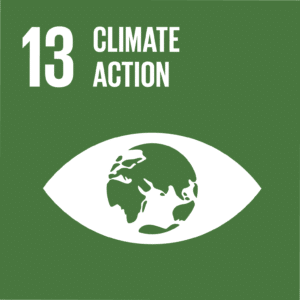Sustainable waste management in India
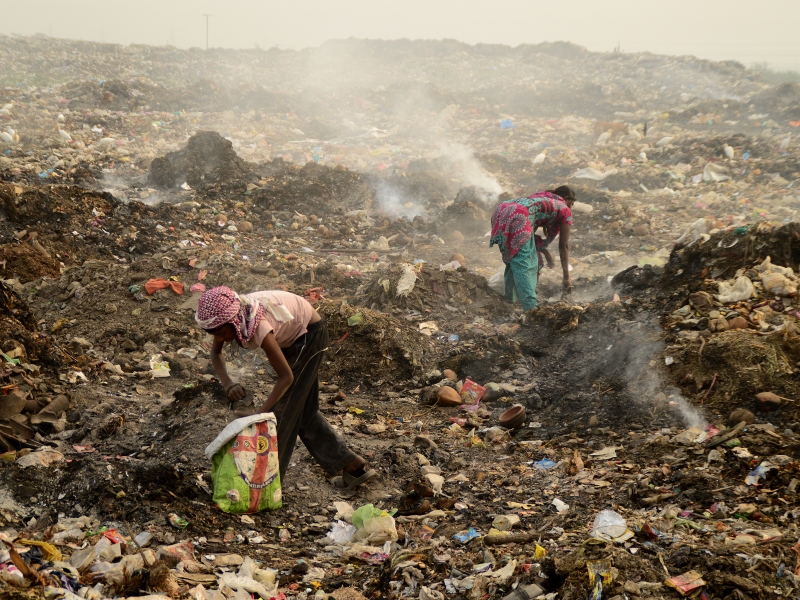
Reducing GHG emissions from the waste sector
India currently generates 62 million tons of municipal solid waste (MSW) annually, but this is expected to rise to 160 million tons by 2030. In many small cities, the collection, segregation, and processing of dry and wet waste is lacking. The uncollected waste remains lying on the streets and enters water bodies. This is a health risk and contributes to greenhouse gas emissions (GHG).
Ayodhya, a city in the northern India, generates 115 tons of MSW per day. Although there is door-to-door waste collection, it is not processed before being dumped into an unlined waste disposal site, so contributing to the uncontrolled release of methane.
Setting up a pilot material recovery facility and a biogas plant
The physical characterization of the waste in Ayodhya will be mapped and georeferenced into GIS data on waste-related indicators. A framework will be created that shows the systemic relationships between waste, energy, climate and health, linking scenarios, policy actions and indicators to the impacts of waste management on climate change. This framework will be used to develop a waste dashboard.
Based on the outcomes, a pilot material recovery facility will be set up to sort dry waste so that it can be recycled or recovered. A biogas plant will be installed for wet waste that can be used to generate biogas for energy and digestate for organic manure.
Both recovering and recycling dry waste, and processing wet waste using anaerobic digestion will help to reduce GHG emissions from the waste sector.
Different stakeholders will be trained using capacity building modules to manage the waste-related pilot projects with the aim of mitigating emissions before scaling them across the city.
The project will also provide a model framework that can be replicated in other Indian cities. In this way the links between waste management and climate impacts will be addressed from both municipal and national perspectives.
Want to know more about this project?



